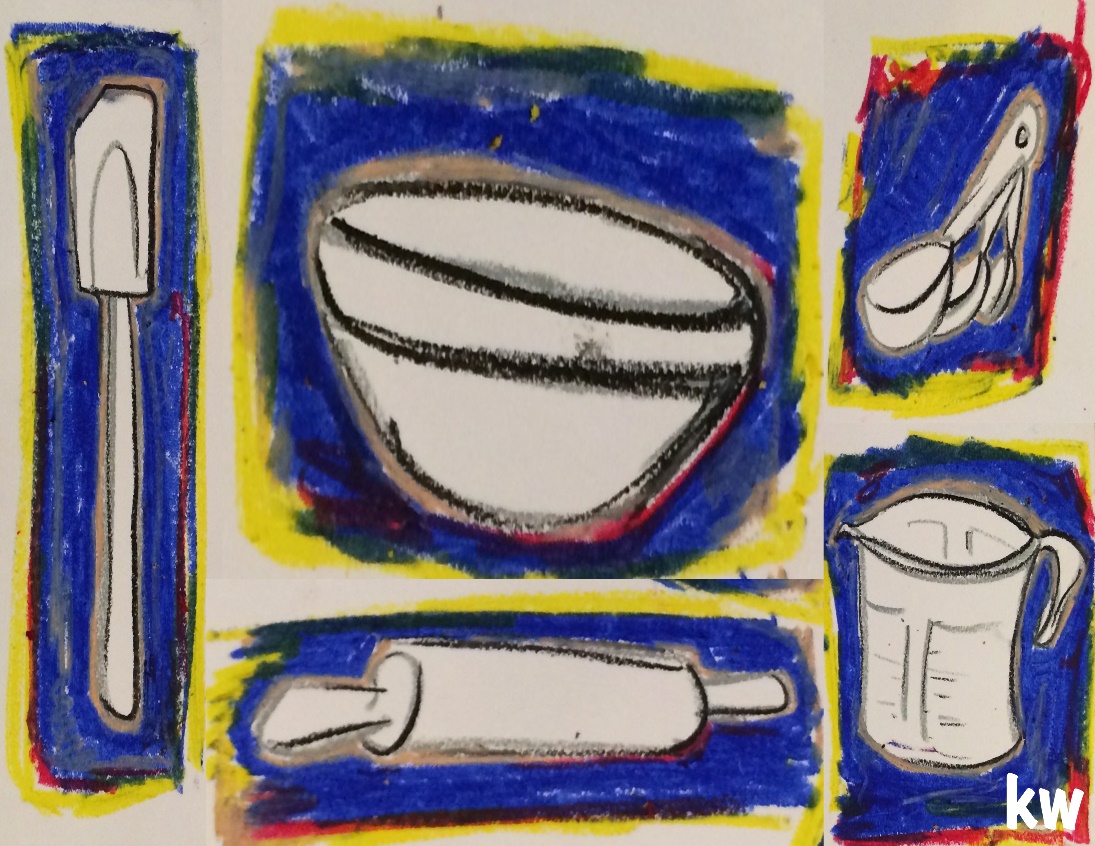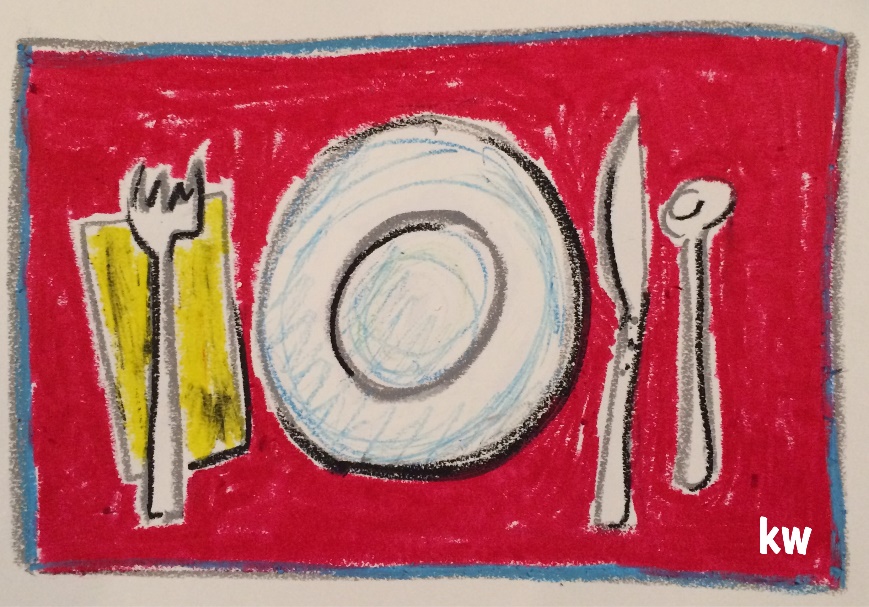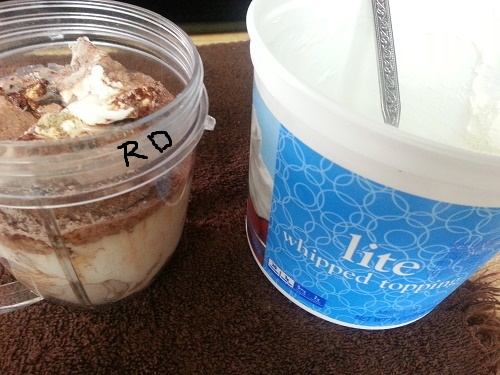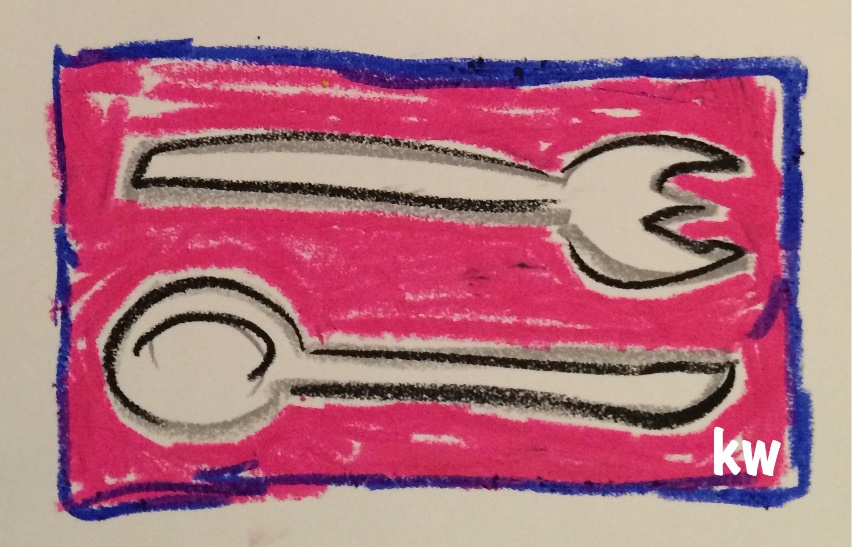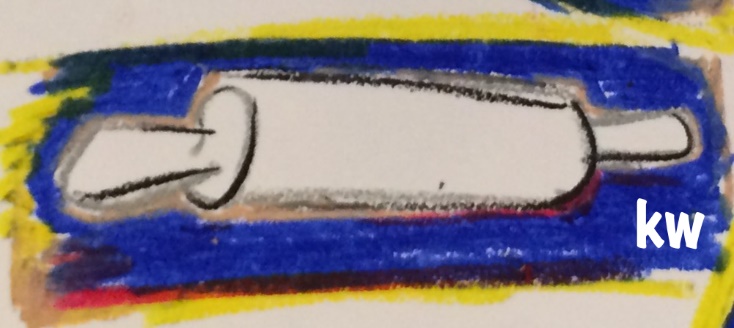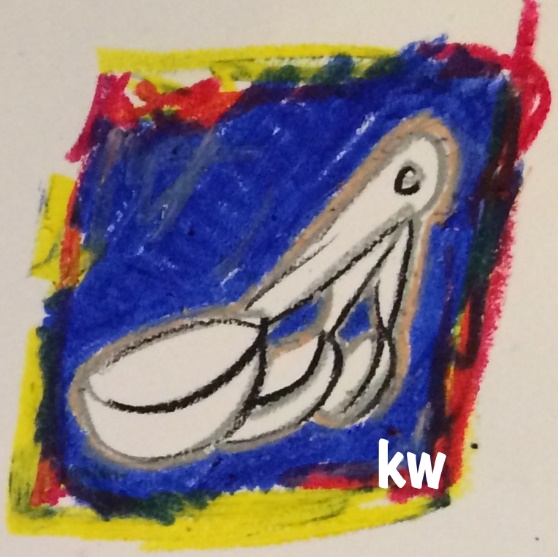A kitchen is a storehouse of our happiness. Not only does it contain the delights that satiate our sense of taste but also does well to bond us to our family through numerous memories of dining delights. Today we will use this happy storehouse as a creative place for our little monsters.
Sometimes all we must do is stretch our minds beyond the visible. Kitchen utensils sure can be used to teach how to cook and about cookware but can also be helpful in other ways. Below I am listing activities that will suit different age groups ranging from toddlers to 10!
MUSIC and EXPLORATION – (1 year to 4 years)
A year in kids will begin exploring one of their favorite environments – the kitchen. Ever wondered why kids love the kitchen cabinets so much? The strongest reason is that they connect YOU – The Mother/Father to the Kitchen. They observe you cooking, spending time there, and nurturing them with the food you cook in the kitchen. Plus, if they want to be around you, they will follow you into the kitchen!
The other reasons are: Variety of utensils – different sizes, shapes, different sounds when explored + the fact that utensils are ‘hidden’ behind the cabinet doors, gives a thrilling effect to the curious minds. This makes for great sensory exploration!
You may set up two days in a week to allow kid/s to explore kitchen utensils. Either you can have them come in and explore in their own manner or you can put out a set of utensils and give it to them to play with. Each week you can pick a different set of utensils. Great music can be made with different vessels. Explore with plastic measuring spoons, steel spoons, glasses, containers, serving spoons, cabinet doors, etc. In fact, you can also teach them about loud vs. soft sounds and difference in sounds created by contact of different materials.
HIDE-AND-SEEK UTENSILS (2 years to 5 years)
I must admit that I owe a lot of my creative ideas to my daughter. I learnt to be very creative with games and art since her birth. Until date I haven’t felt the need to look up a Pin-interest or to google games or art for kids. One such game which popped up is ‘Hide-and-Seek’ Utensils. Choose one cabinet to work with. Pick one utensil from that cabinet, show it to your toddler or pre-schooler. Tell the child to close eyes and count to 10. Hide it in the same cabinet at a different place, ask the toddler to find it.
Alternative: hide the utensil somewhere around the area where you are seated. Make sure it is easy for your toddler to find.
MATCHING GAME (2 years to 3 years)
Bring out a bunch of your kitchen utensils and identical / matching plastic utensils, maybe from your child’s toy kitchen. Keep her and your utensils at a good distance of 3-6 feet. Pick one of your utensil and raise it in the air. Ask your child to find the same kind from her section as soon as possible. This game can be more fun if the child gets a chance to run around. To do so, you could place your child’s utensils in another room.
SETTING THE DINING TABLE – (3 years to 8 years)
Kids enjoy setting the table from an early age. Once they are engaged and understand that it is a way to participate in family chores and bond more closely, they want to do it more. Give them a chance every weekend to set the table under your supervision. If you are concerned about glassware, you may inform them that you will need to hold alongside or you may let them arrange one mat with plastic ware.
X COOKING – (3 years to 10 years)
Involve children in cooking, small or big. It could be lemonade, chocolate shake, pasta, rice, or pancakes. Cooking teaches children several things:
- They have the power to create something that nurtures family members
- Promotes independence, creativity, and self-confidence
- Helps bond with either or both parents
- Develops skills in relevant areas
- Provides opportunity for self-exploration and fun
Children can also be mere helpers. My daughter would peel onions and garlic for me from age 2 years 7 months. Even if she did just 3 pods, she learnt a lot and enjoyed it thoroughly! Kids can also pretend to cook in their utensils within your kitchen area while you cook. This makes a good role model for their learning.
ART – (4 years – 8 years)
Use utensils to teach tracing. Place any utensil like bowl, spoon on a plain paper and have your child trace it. Tracing is a great skill in art and promotes co-ordination of fine and gross motor movements with the eye and brain. For older kids, you can have them do ‘object drawing’ – place an object in front of them and have them copy it on paper. You can also get craftsy e.g. tape a plastic spoon on paper and allow child to decorate it with pompoms, glitter, fuzzy sticks, stickers, etc.
Teaching them that kitchenware can be used in ways more than one helps them broaden their minds and promotes problem-solving. I offer kitchen utensils to children to use with play-doh. Rolling pins for rolling, fork for designs, spoons and bowls for impressions, etc.
MATH with UTENSILS
Who said we need paper and pencil for math? Use the below ingredients indoors in large containers or outdoors on the grass, for fun play + math with measurements + motor skills: measuring spoons, container filled with rice, another container filled with beans or legumes, water is optional.
Ask questions like – how many scoops of this measuring cup will fill this glass with rice? Kids must conduct the activity and give the answer. Kids can learn to measure within scoop sizes e.g. how many of ½ tsp scoops we need to fill one Tbsp.
Although I focused this article on kitchen utensils, there are numerous other things in our kitchens that can be used as play and learning items for our children. Foils for making ball, throwing, foils for art, strainers as bats or for ball toss, plastic glasses to balance, etc. Challenge your mind to pick an item every week and use it to teach your child.
Re-published with permission from the blog of ParentEdge, a bi-monthly parenting magazine that aims to expose parents to global trends in learning and partner with them in the intellectual enrichment of their children. This blog was written by Rima Desai.
Rima’s has a Master’s Degree in Psychology from Mumbai, and is a certified Childcare Professional and Life Coach from USA. She has written numerous articles for parents and women in Tanzania, India, and in USA. Her work includes writing for airline magazines and editing internationally published books. She has extensive experience in training teachers and parents and working with children aged 2-7 years. Her parenting page can be accessed at Parenting Booth , and her personal blog here.
